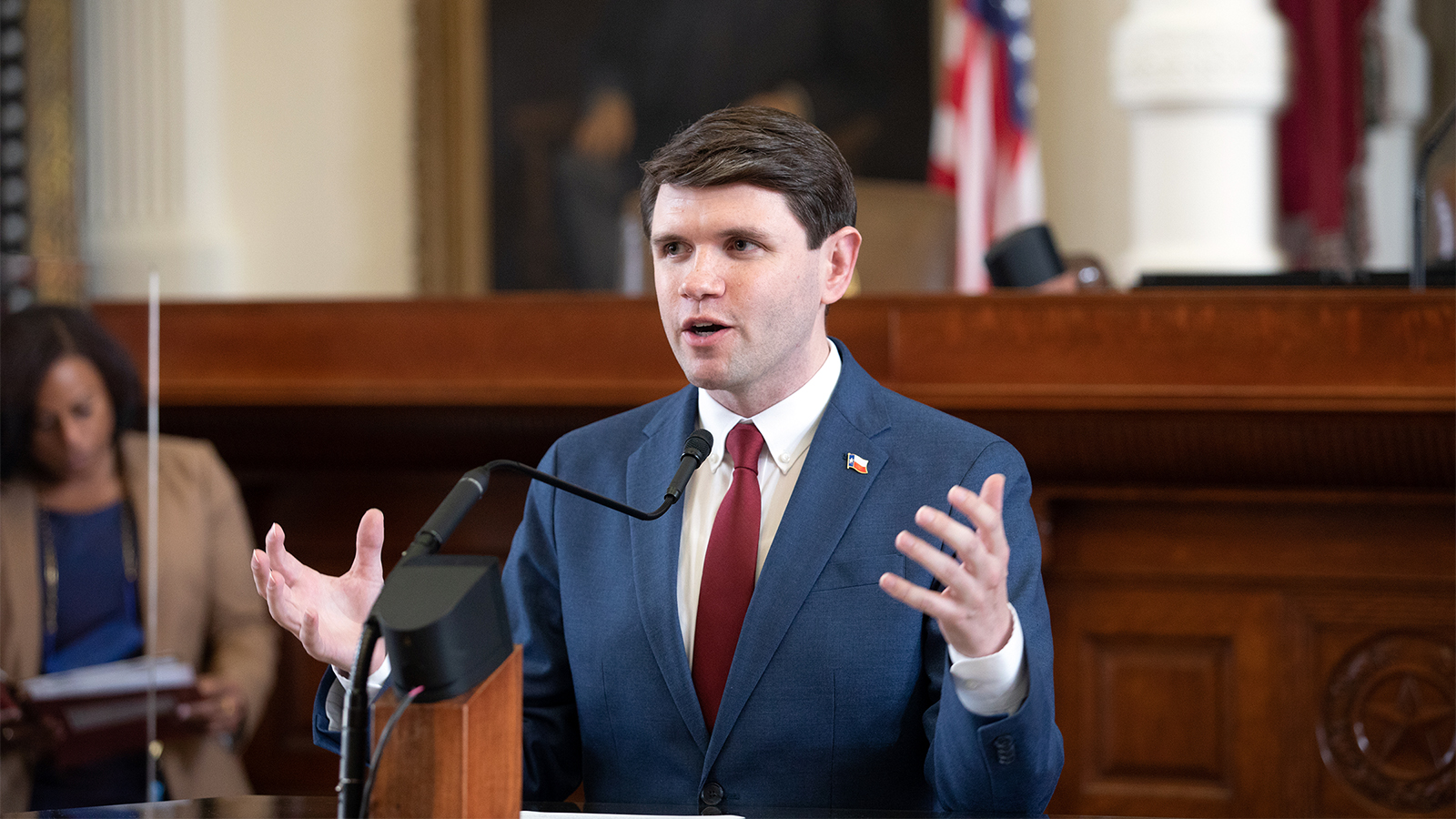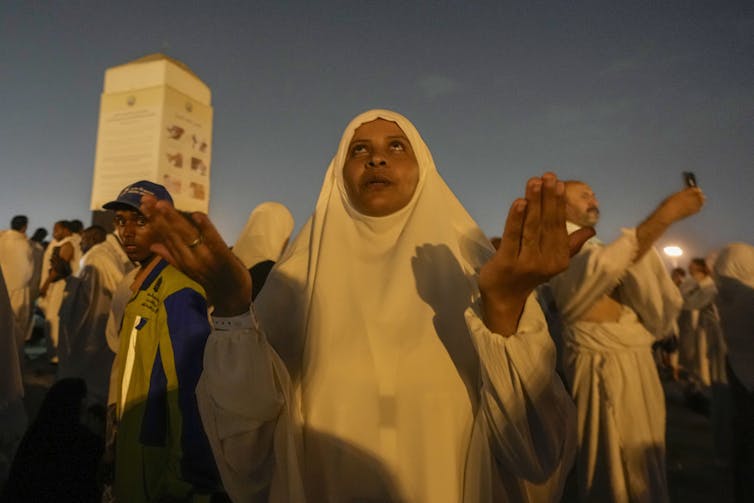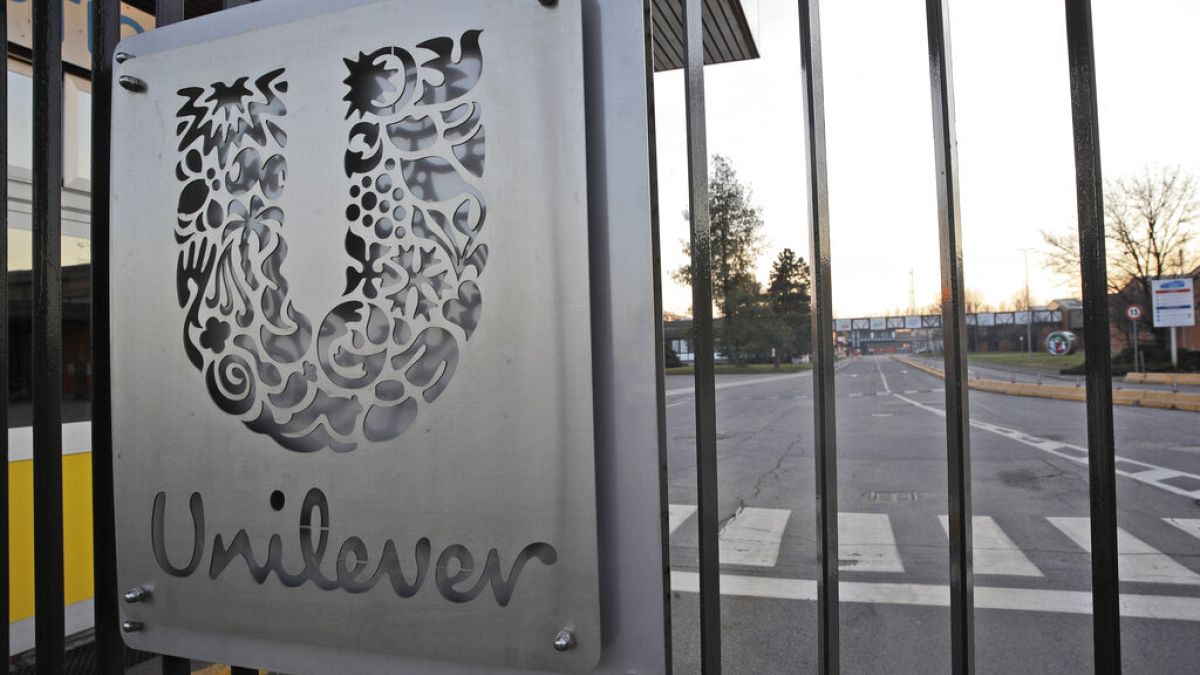An investigation into sexual harassment and misconduct at the Ziegler School of Rabbinic Studies in Los Angeles was completed last month. It has not been made public.

The Ziegler School of Rabbinic Studies of American Jewish University. (Courtesy image)
July 9, 2024
By Yonat Shimron
(RNS) — As a first-year student at the Ziegler School of Rabbinic Studies in Los Angeles, Shayna Dollinger was inundated with sexual proposals from a fellow first-year student.
When she complained to the associate dean of the school about the unwelcome verbal advances, she was advised to see the Title IX administrator who handles complaints of sexual harassment and assault. But that administrator advised her against launching an official investigation and suggested the associate dean speak with the student instead.
When that discussion failed to stop the harassment, Dollinger went to the dean of the school. He suggested she and her classmates confront the student and tell him his comments were inappropriate.
“It was after that conversation when I decided that I wanted to transfer because I knew that I could no longer study in an environment that put it on me and my classmates to stop this behavior,” said Dollinger, 24. “I really did not have the support that I needed.”
Dollinger left the Ziegler School — one of two Conservative movement seminaries in the U.S.— at the end of 2022 and enrolled in a Reform movement rabbinical school, Hebrew Union College-Jewish Institute of Religion, where she recently completed her first full year.

Shayna Dollinger. (Courtesy photo)
But she did not let the matter drop. With the help and guidance of other prominent female Jewish leaders who came together to hear her story, Dollinger pushed the American Jewish University, which houses the seminary, to conduct an outside investigation into sexual harassment and other forms of gender-based discrimination and misconduct. Now that the investigation has been completed, the group wants the university to release it publicly.
Religious groups across the spectrum are investigating their record on sexual misconduct. Three years ago, the Reform movement, the largest of the Jewish movements, paid external firms to conduct investigations into three of its institutions and then released them publicly.
The American Jewish University has not.
In a private email to some of its constituents, the university summarized the investigators’ findings in a June 17 email. According to the email, investigators with the firm of Cozen O’Connor did not find a “culture or climate of discrimination or harassment” that was widespread among most students who completed their degrees. But those who did not complete the program, it acknowledged, experienced “deep and lasting pain during and after their time at Ziegler.”
It said investigators recommended that the school revamp its Title IX office, hire an experienced administrator and revise its policies and procedures relating to sexual harassment.
Neither the president of American Jewish University nor the deans of the Ziegler School responded to requests for comment. A public relations consultant hired by the school said only that AJU “is now in the process of implementing all of the recommendations of the Cozen O’Connor Review.”
The group of activists who got together to hear Dollinger’s account of sexual harassment say that’s not good enough.
“Unless the details are made public, and people are named and held accountable for their actions, the degree to which the university will change is compromised and therefore the safety of present and future students is compromised,” said Keren R. McGinity, an educator-activist whose own account of sexual abuse helped launch the Jewish #MeToo movement.
The Conservative movement’s Rabbinical Assembly is also working on an investigation of the Ziegler School. Jacob Blumenthal, the CEO of the Rabbinical Assembly, said that was all he could say.
The school, which was created 28 years ago as a West Coast alternative to the flagship Conservative seminary in New York, the Jewish Theological Seminary, has fallen on financial hard times of late.
This year, the American Jewish University sold its 35-acre Bel Air campus and closed its undergraduate program. The Ziegler School now leases space in an office building. In an effort to attract more students, Ziegler cut its tuition from about $31,000 to $7,000 a year. The seminary’s enrollment was 28 this past year, with only eight first-year students.
Former students who came together to write a letter to the Rabbinical Assembly’s ethics committee last year said they were particularly concerned the Ziegler School was losing talented female students.
“We believe that members of the administration have misused their power and been insufficiently self-reflective regarding the departures by women and others who leave the program,” the letter said.
They outlined a range of misconduct on the part of the school’s administration they said constituted a “clear pattern of misogyny, homophobia, transphobia, shaming, and double standards.”
That kind of school culture has gone on, they say, for 20 years.
Rabbi Cynthia Hoffman, who attended Ziegler in the early aughts, sought accommodations for clinical depression. Hoffman received none and dropped out. A few years later Hoffman was ordained through the Jewish Renewal movement.
“There was a constant undertone of belittling and being told, ‘Why can’t you be more like this person,’ who was always a man,” said Hoffman.
Rabbi Danya Ruttenberg, who received her ordination from Ziegler in 2008, said she was called names, had her appearance criticized and her actions questioned in a way that many of her classmates’ weren’t. “There wasn’t a federal violation, but there was profound damage done to me nonetheless. My trust in myself, my intuition, got a beating. It was more of an experience of regular ongoing manipulation, bullying, harassment.”
Ruttenberg was one of the 13 who wrote to the Rabbinical Assembly’s ethics committee to demand an investigation. She is now advocating for public release of the investigation.
“Our absolute bottom line is that this harm cannot be perpetrated anymore,” she said.
Dollinger, whose experience at Ziegler prompted the investigation, was vindicated in one way. Shortly after she left the school, another student filed a Title IX complaint against the same student who sexually harassed her. Months later, the accused student was expelled.
But Dollinger, too, is advocating for the report’s release.
“I’d like to see the AJU administration begin the same processes that other Jewish organizations have to address their deep systemic issues around gender discrimination,” Dollinger said. I would like to know if anyone in leadership at AJU seeks t’shuvah (repentance) and is ready to begin that process.”

























